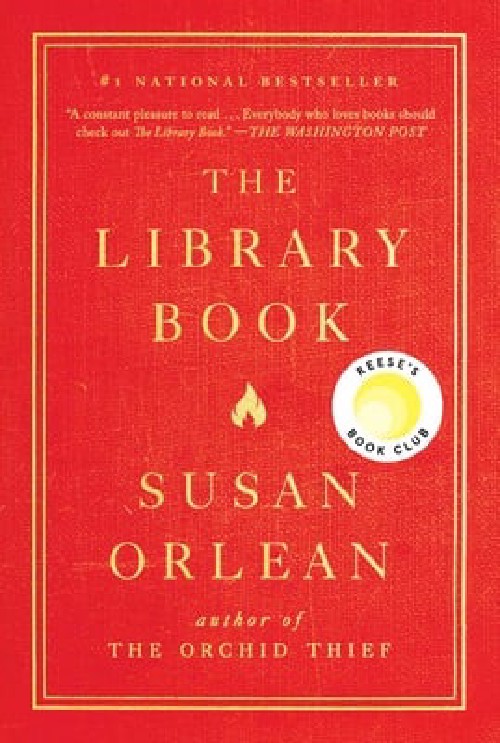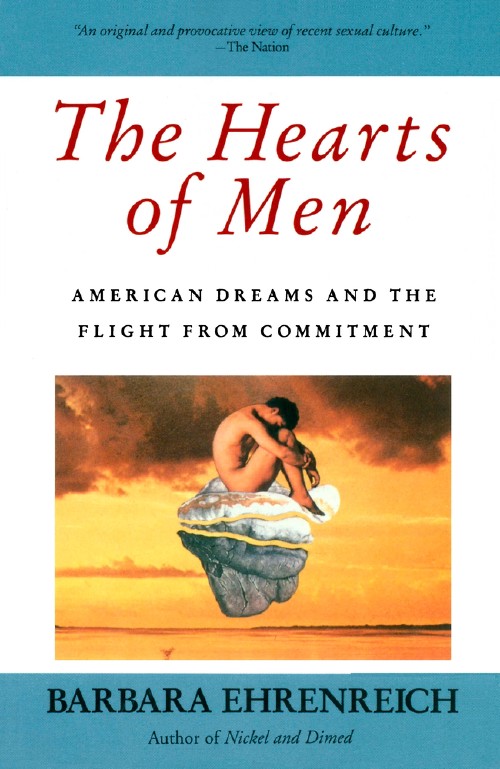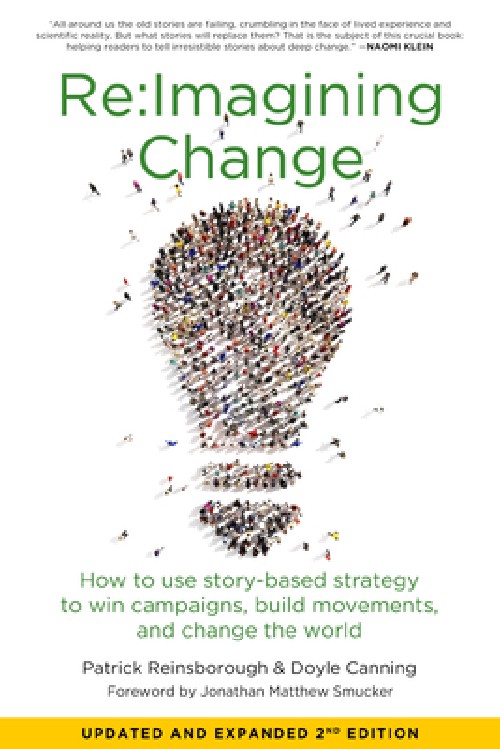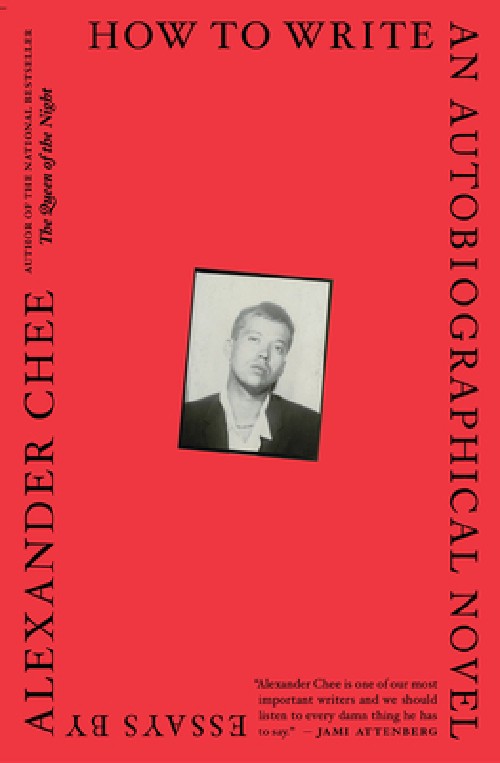“Just the amount of damage done to the body—it was hours, literally hours, and it was clean,” he says. “It was just this huge amount of unthought-of information.” In his enthusiasm, Ted posted a link on Facebook saying, “Hey, look! Mom got eaten by vultures! Awesome!”
For millennia, humans have wondered what happens to us after death, asking questions about souls and gods, about the afterlife, about finality. These questions remain. In recent decades other questions have expanded along a more practical realm: what happens to a physical body after death? We have long known (and fought) the fact that our bodies rot upon death. But our decay wasn’t well understood. Thus some scientists created the strangely named “body farms,” plots of land dedicated to cultivating decomposition so that we might understand it better. In September, a lovely piece by Alex Mar profiled a few people who are now residing at the farm in Texas for Oxford American.
He thought about his mother and sisters and the grandmother who died in childbirth and began to read widely in the literature of civil rights and feminism. Eventually he came across the concept of “reproductive justice,” developed by black feminists who argued that the best way to raise women out of poverty is to give them control of their reproductive decisions. Finally, he had his “come to Jesus” moment and the bell rang. This would be his civil-rights struggle. He would serve women in their darkest moment of need. “The protesters say they’re opposed to abortion because they’re Christian,” Parker says. “It’s hard for them to accept that I do abortions because I’m a Christian.”
The Abortion Ministry of Dr. Willie Parker
Can an abortion doctor be a Christian? Can a Christian have mercy on women who seek abortion even as they encourage these woman to make their own choice? Some of the loudest voices in our country are adamant that this isn’t an option. In Esquire, John Richardson profiles Dr. Willie Parker, one of two doctors providing abortion services to women in Mississippi. He does not deny that death factors into his ministry yet he seems to have an awareness of life and how he can promote life to surpass the black and white lines drawn by those who would use any excuse to shut him down.
We are having more conversation now about what patients want for the end of their life, by far, than they have had in all their lives to this point. The problem is that’s way too late.
Your death is coming. This is the subtext of so many essays that are intended to inspire, and it’s the elephant in the corner that’s rarely addressed as we talk about growing old or retiring or our golden years. But still, death is coming. And the modern world now allows us to push that day further forward than ever before. Yet it still comes. My grandmother died earlier this year, and she had the privilege to do so in her home under hospice care. She chose not to seek out hospital care for her ailments, instead resolving that it was her time and so she made the choice to be comfortable rather than accept interventions that would extend her nearly nine decades of life by a few more days. This choice — whether to extend the quantity of days by relatively minor amounts at the sacrifice of dignity and quality of life — is one that multitudes of people must now face each day. Can our medical system help us with this? Atul Gawande explored this question a few years ago in the New Yorker.
Sing an elegy for the washed away! For the cycles of life, for the saltwater marshes, the houses, the humans—whole islands of humans. Going, going, gone! But not quite yet.
Zadie Smith eloquently mourns the death we are sowing throughout the globe. The consequences of our choices are vast and incomprehensible and yet they are also subtle, slow, and seem invisible if we do not compare each day to the days that came before it. Smith is paying attention and sees what we have sown.
The death penalty needs to be abolished. Life without parole is still a death sentence. The only difference is time. To say you need to kill a person in a shorter amount of time is just seeking revenge on that person.
A Letter from Ray Jasper, Who Is About to Be Executed
The state of Texas executed Ray Jasper, a man convicted of participating in a robbery-murder. Just before he was killed, he wrote a letter.
The world takes from us relentlessly. It takes our friends and first loves. It takes our parents. It takes our faith. It takes our dignity. It takes our passion. It takes our health. It takes our honesty, and it takes our credulity. To lose so much and still hold onto yourself is perhaps the most complicated task human beings are asked to perform, which is why seeing it done with aplomb is as thrilling as looking at dinosaur bones or seeing a herd of elephants. It’s an honor to exist on Earth with these things.
Death is coming. What can we do? Cord Jefferson explores our options as he wrestles with his mother’s cancer. I cried freely while reading his words and I felt no shame, only gratitude for his willingness to be so honest with us, an undeserving audience.



